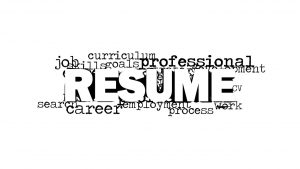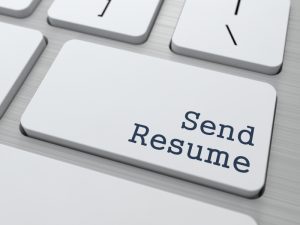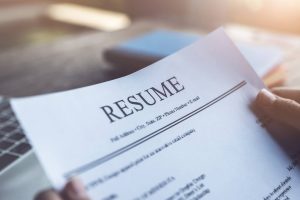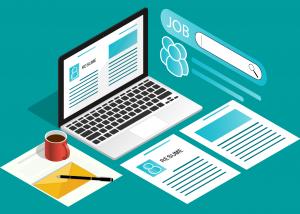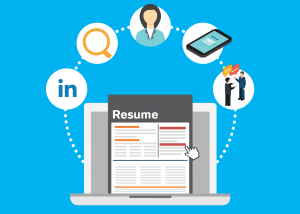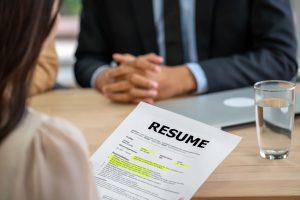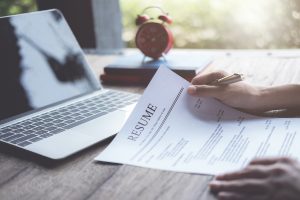World of Work
What is an interview

The interview is the next stage of the employer’s acquaintance with the applicant after the resume. And, in fact, this is the best way for the company to understand whether the candidate is suitable for the desired position, and the applicant – whether the vacancy meets his expectations. Let’s talk more about what an interview is.
What is an interview?
Simply put, this is an interview of an employer with a job seeker for a job. During the interview, a company representative asks questions to the candidate for the position, and after it, an employment decision is made.
At the same time, the applicant also has every right to ask questions that interest him and concerning a new job. Thus, during the interview, both parties look closely at each other.
What does the employer want to know?
During the interview, the employer needs to understand:
- how will you show yourself in communication;
- can you verify your information from your resume;
- do you know something about his company and how you can be of help to it?
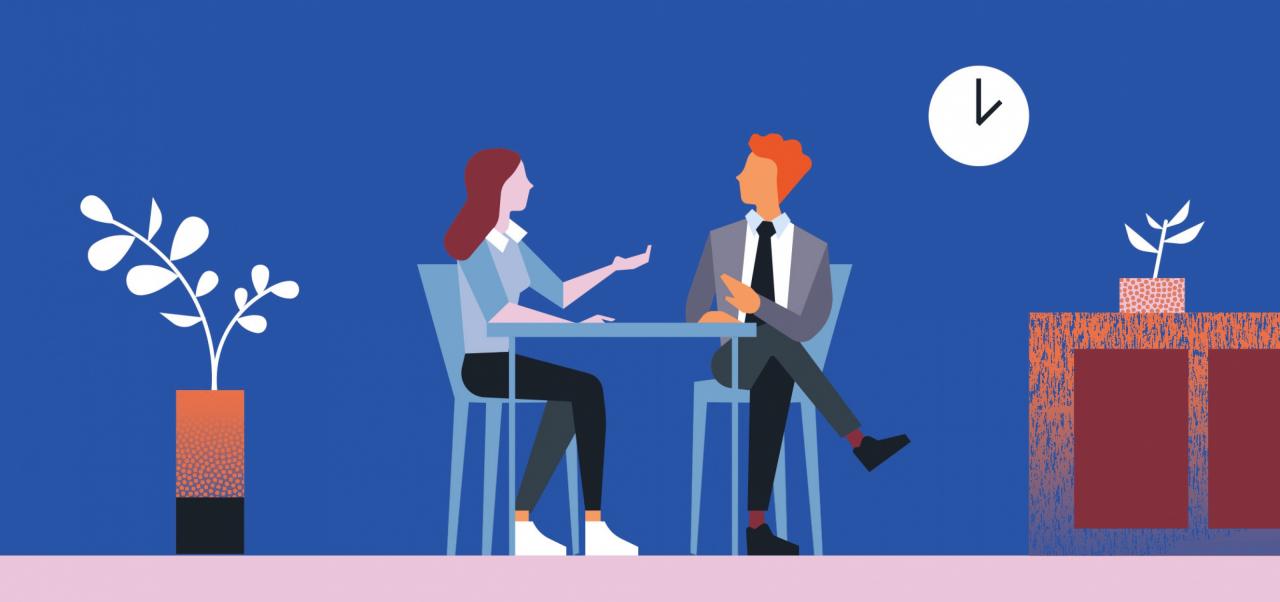
As a rule, the form and nature of the interview depend on the individual approach of the employer. But we can highlight some types of interviews.
By the content of the interview:
- Biographical: you are asked about career experience, education, and skills.
- Situational: you are assigned some tasks in the field of your activity, and you offer options for their solution.
By form:
- One-on-one: You will be interviewed by a recruiter or supervisor.
- Group: you are talking with several representatives of the company or, conversely, the recruiter is talking with a group of candidates.
By organization:
- One-step: The final decision is made after one conversation.
- Multi-stage: you talk to different company representatives in stages (on the same or different days). It is also possible to have a multi-stage interview with one person, just on different questions.
A separate, “non-standard” type of interview is stressful. During such an interview, you may be asked tricky questions and put in unusual situations for verification.
At the same time, you need to be ready for any form of interview and any questions: this is not an exam and you have no “tickets” for it.
Do I need to prepare for an interview?
As a rule, only those applicants who apply for high positions are preparing for the interview. And that is not always the case. In fact, preparing for an interview goes a long way and can greatly increase your chances of getting a job.
As mentioned above, we face a paradox: you are not dealing with an exam (and indeed the nature of the interview should be casual), but you still need to carefully prepare.
- Study the information about the company you are applying for. The employer needs to see that you understand what you are dealing with and where you are going. Job
- It is also important to read your resume carefully. If you cannot repeat what you wrote about yourself, the impression of you will not be the best.
- It is advisable to make a list of questions that may be asked to you in the interview and think over your answers. Special attention should be paid to “sensitive” issues like wages or reasons for dismissal from previous jobs.
- Get ready, you can even rehearse in front of a mirror, but in no case cram your “speech” like a robot. Remember: you will have a casual conversation between two adults who need to reach mutual understanding.
Your goal in the interview is to demonstrate your knowledge and experience, prove to the employer that the company needs you, and finally – get the desired position.

